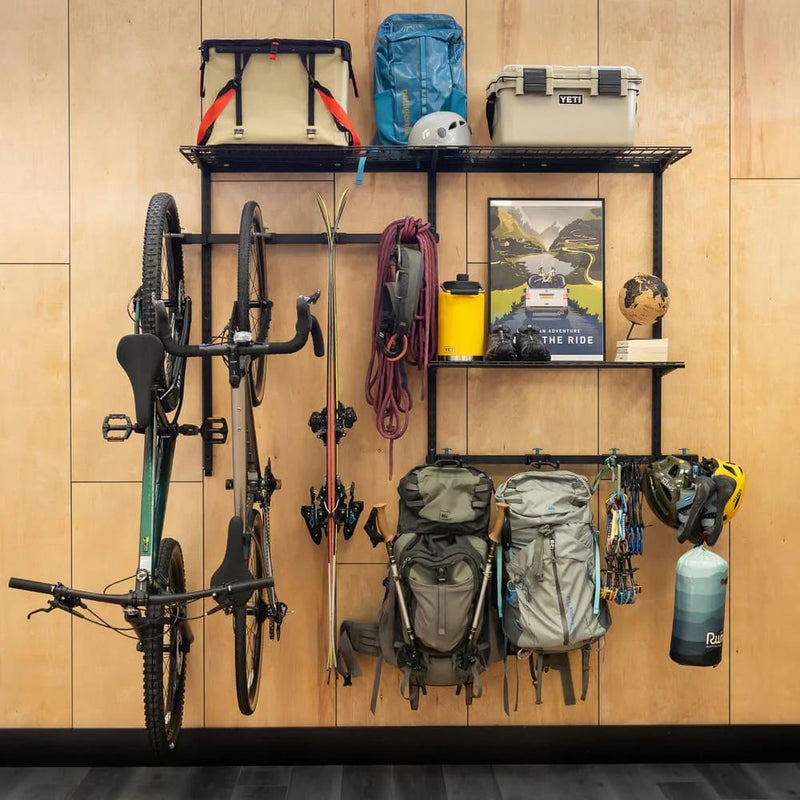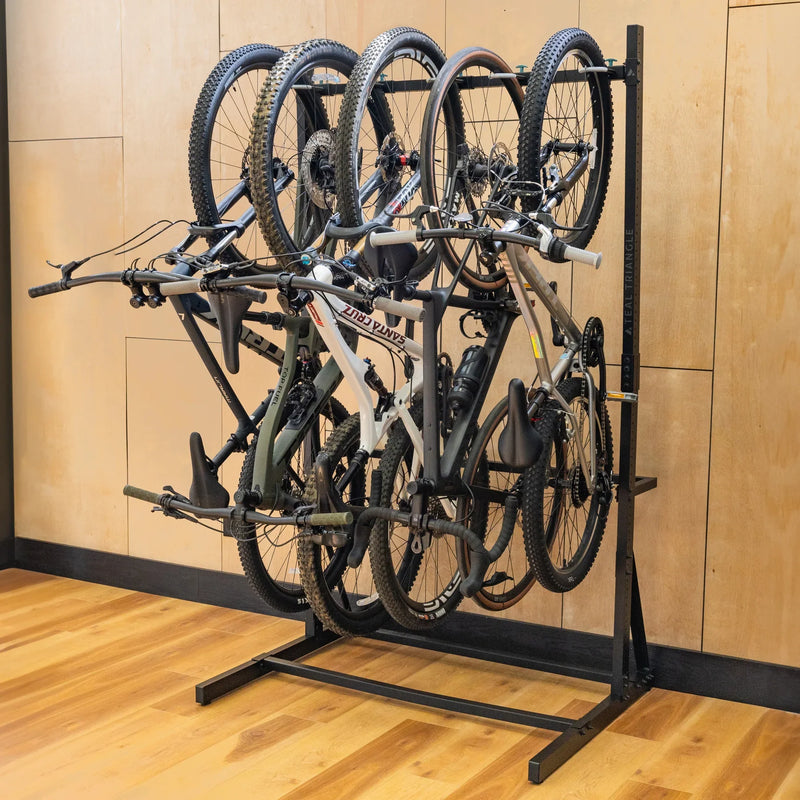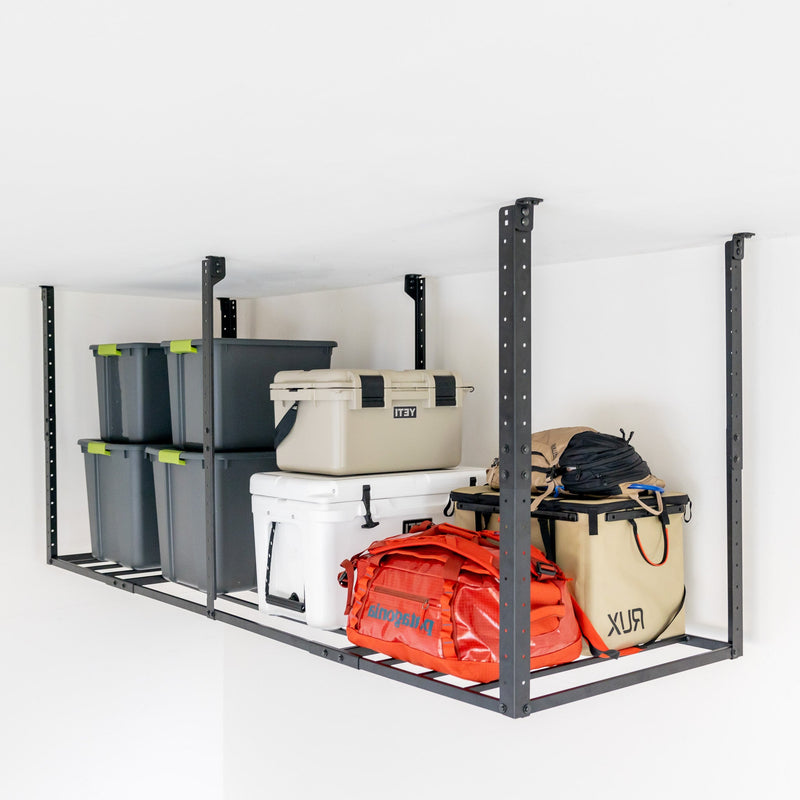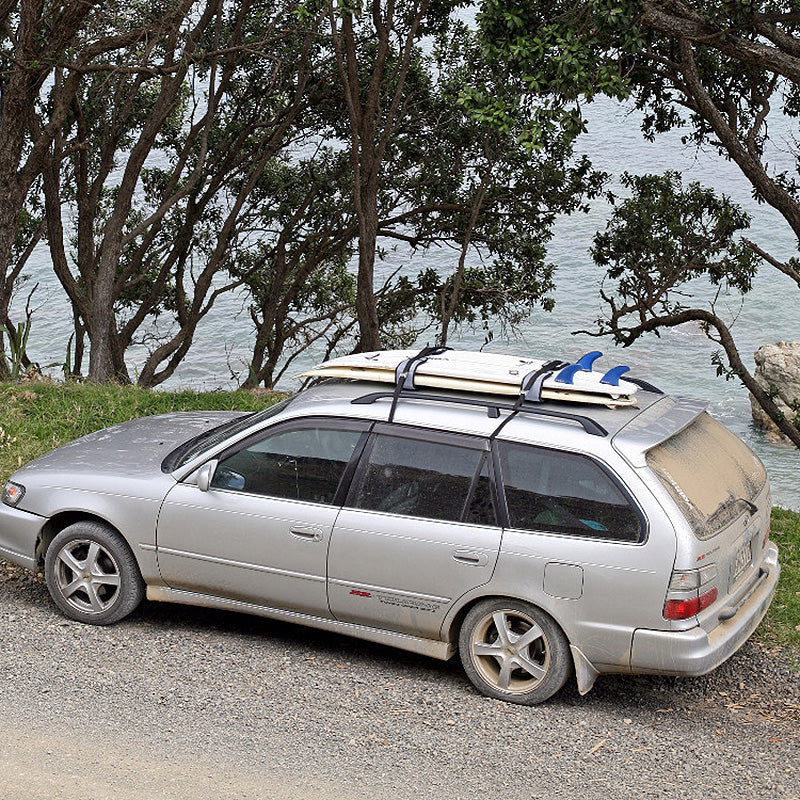Too many skaters don’t have a nice area to practice their skating. Skate parks have bowls, ramps, rails, and other features designed specifically for skating that usually can’t be found anywhere else. If you love to skate, but there isn’t a skate park nearby, consider taking action to get a skate park built in your community. Although some skate parks are built by skate companies or others in the industry, grassroots organizations can also get skate parks built.
First, figure out how much interest there is in getting a skate park built. Try to determine how many skaters live in your town. If there is a local skate shop, talk to the owners, and see if they can estimate how many skaters there are. This will go a long way towards showing the need for the park and drumming up interest for the project.
Once you determine who would be interested in a skate park, form an organization. This should include skaters and others who are interested in the park, such as local business owners. Make sure that you have plenty of adults involved, not just teens. Since the majority of community members are not skaters, concentrate on providing information on the benefits to the community when getting people to support your skate park project.
Once you have enough interest in getting the park built, it’s time to determine how much the skate park will cost. How big will it be? What kind of features do skaters in your community want to see in their park? You may want to visit nearby skate parks to get an idea of what you want. Contact construction companies in your local area, or one of the larger skate park building companies located around the country. Ask for a general estimate of how much it would cost to build a skate park.
Think critically about how the skate park will operate. Who will pay for maintenance or repairs? What about liability if someone falls while skating? Will the park be monitored? What hours will it be open? Will BMX bikes be allowed, or only skateboards? Those in charge of skate parks in other cities can be a valuable resource for determining the best answers to these questions. Be sure that you have ready answers to these questions.
Now, print posters and flyers to attract the general community to your cause. Hold community meetings to generate interest, but be ready for those who are opposed to the area. Some in your community may feel that skating is too dangerous or that a skate park may attract the wrong crowd. Be ready to address their concerns. Choose a few articulate members of your organization to do most of the speaking. These meetings should be held in a public place in your community, like the local library or recreation center, or in the local skate shop. You may want to develop a petition once the larger community becomes involved in your project so that you can show how many supporters you have. Don’t forget about the internet as a way to spread the word.
Once you have a plan developed, take your case to the city council. At the meeting, present the need for the skate park and show your evidence of community support for the park, like the petition. Ask your community leaders about any possible funding sources they can offer for the skate park.
Once you get people excited about the park, you’ll need to make a plan to start raising cash. Ask your local skate shop if they’d be willing to provide space for a donation box. The owners may even be willing to donate directly to the cause. Hold lots of fundraising activities. Raising the money is often the hardest part of getting a skate park built, so be patient.
When you’re getting close to reaching your fundraising goals, your next step is to determine where the skate park should be. There should be plenty of community involvement in this step. Host community meetings and hang up fliers to get community input. The skate park should be located in a central area, but there may be concerns if the park is located too close to other businesses.
Shop our skateboard collection for storage that shows off your boards.








